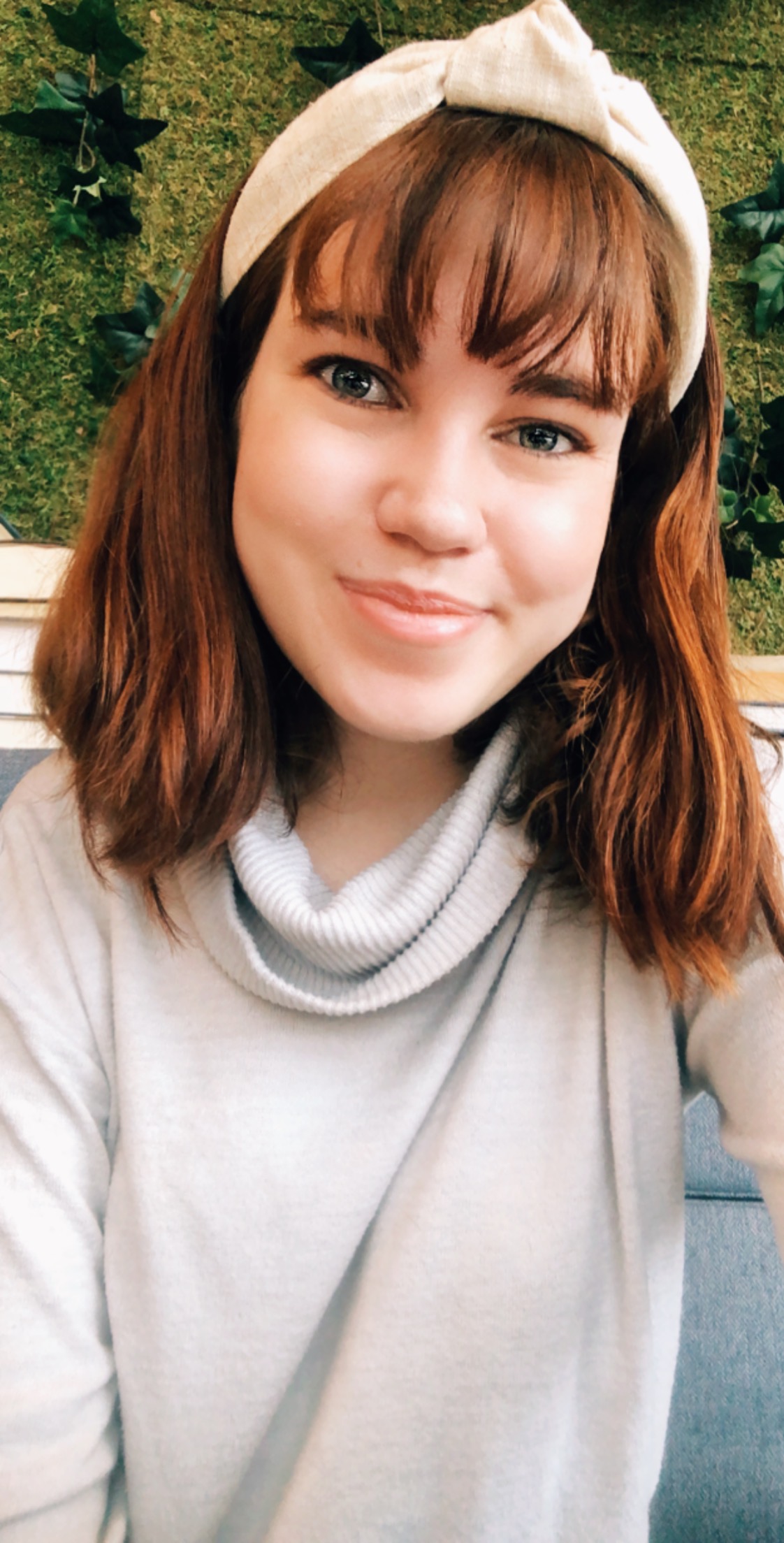ISSN: 1941-4137
POETRY THAT ENACTS THE ARTISTIC AND CREATIVE PURITY OF GLASS
POETRY THAT ENACTS THE ARTISTIC AND CREATIVE PURITY OF GLASS

Caroline Shea is the author of Lambflesh (Kelsay Books, 2019) and an assistant poetry editor for Washington Square Review. Her work has appeared or is forthcoming in Crab Fat Magazine, The Pinch, The Shore, and Tinderbox Poetry Journal, among other publications. In 2019 she received The Pinch Literary Award. Currently, she’s an MFA candidate in poetry at NYU.
Also by Caroline Shea:
Lambflesh
Julianna
after Julian of Norwich
All I ever asked was to be wounded
holy, pricked.
Little fiend, you planted the need
for meaning in me. I dripped
with steadfast longing,
hemorrhaged whole skeins of hurt.
Sick-struck and fevered numb,
you cradled me. Your arms bright thorns,
crowning. Slowly, my vision unshuttered.
The world came rushing up — a blessing.
Still I balked, having greeted death
so kindly, ready for whatever end
you’d planned. O, Absent Mother,
I found the next best thing.
Made a little death of my own.
That bricking up. Holy enclosure.
I entered the stark chamber like a bride,
the loveliest thing, my loneliness.
And how easy, to believe in God,
shielded from the proof of her uncaring.
The way plague spored
through countryside, bodies ripe, then rotting.
Fruit left out to turn.
I cannot know how cruelty twines
itself with beauty. The ecstatic ache
of what I’ve seen — pale lady, blooded brow.
A child pulled from me, dusk-blue and still.
Belief is a tricky business.
An anchoring. Work strung
through with doubt.
Strangers come scrying
for certainty and I tell them what I know:
Pain no longer owns me.
I am loved.
Foul and saintly, flawed,
I found my way here.
”Julianna” sprung from my interest in Julian of Norwich, an English anchorite who lived in the late 14th century. She’s known as the author of the earliest book written by a woman in the English language, her account of the visions she received while recovering from a near death experience. These visions convinced her to become an anchorite — to isolate herself in a small cell where her only interactions were with those who came to her for guidance. I’m fascinated by Julian because she lived in an era where most theological doctrine and writing seems very cynical and misanthropic to me, but despite her brush with death and her isolation, Julian viewed her faith as a way to embrace humanity. I wanted to try and get inside her head, to understand how someone who lived during a time where women’s lives were often brutal and difficult was able to still look at the world and see so much possibility. She writes about her visions so beautifully and compellingly, so I tried to incorporate some of her own imagery into the poem as well. I was also interested in using the persona of Julian to grapple with how you can maintain faith (religious or otherwise) in the face of loss.
Glass: A Journal of Poetry is published monthly by Glass Poetry Press.
All contents © the author.
All contents © the author.





